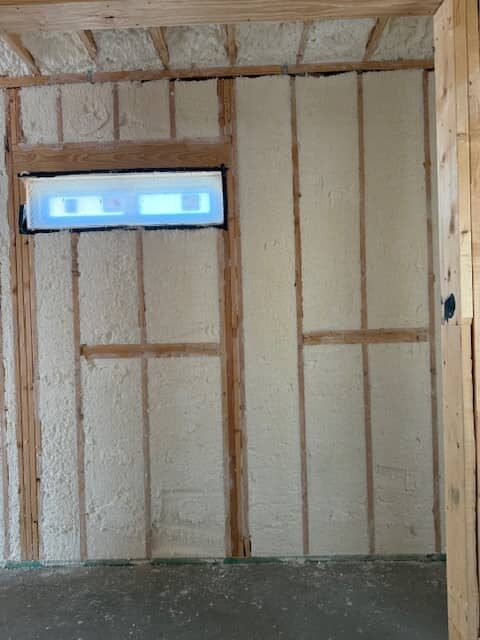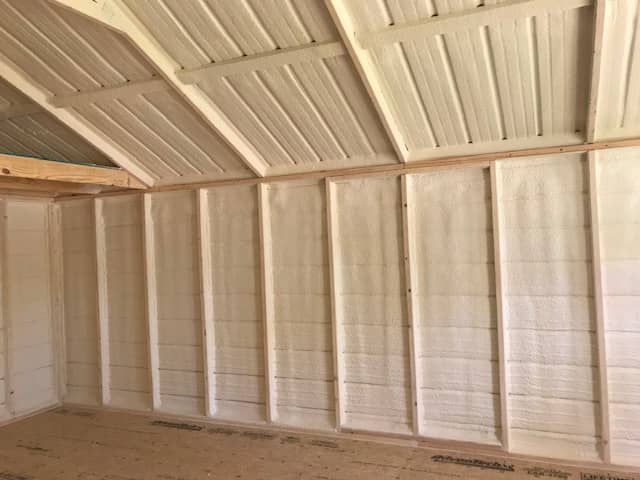OPEN CELL vs CLOSED CELL

Open Cell vs Closed Cell Spray Foam Insulation: What’s the Difference?
When it comes to spray foam insulation, two main types dominate the market: open cell and closed cell. Each offers unique benefits and is suited for specific applications. Whether you’re insulating a new home, upgrading an attic, or sealing a commercial building, understanding the differences between these two spray foam types can help you make the best decision for your project.
What Is Open Cell Spray Foam?
Open cell spray foam is a lightweight, flexible insulation material made from polyurethane. As the name suggests, the foam cells remain “open,” making the material softer and more breathable. It expands significantly upon application, filling gaps and crevices effectively.
Key Benefits of Open Cell Spray Foam:
-
Excellent Air Barrier: Fills all nooks and crannies, reducing drafts.
-
Sound Dampening: Absorbs sound waves, making it ideal for interior walls and ceilings.
-
Cost-Effective: Generally less expensive than closed cell foam.
-
Vapor Permeable: Allows for some moisture transfer, which can be beneficial in certain applications.
Best Uses for Open Cell Foam:
-
Interior walls and ceilings
-
Attics
-
Soundproofing rooms
-
Residential projects with budget constraints
What Is Closed Cell Spray Foam?
Closed cell spray foam is a denser, more rigid material with tightly packed cells that are completely closed. This makes it incredibly strong and resistant to moisture and air infiltration.
Key Benefits of Closed Cell Spray Foam:
-
High R-Value: Offers one of the highest insulation values per inch.
-
Moisture Barrier: Excellent for areas prone to dampness or water intrusion.
-
Structural Support: Adds strength to walls, ceilings, and roofs.
-
Long-Lasting: Extremely durable and resistant to mold and pests.
Best Uses for Closed Cell Foam:
-
Exterior walls
-
Basements and crawlspaces
-
Metal buildings and pole barns
-
Commercial and industrial spaces
-
Areas exposed to moisture

Which One Is Right for You?
The choice between open cell and closed cell spray foam insulation depends on your goals, budget, and building type:
-
Choose Open Cell if you need affordable, effective air sealing with added soundproofing for interior spaces.
-
Choose Closed Cell if you require maximum insulation, moisture resistance, or structural reinforcement—especially in basements, roofs, or exterior applications.
Still unsure which option fits your project? Contact us today at 469-605-4666 for expert guidance and a free consultation.
